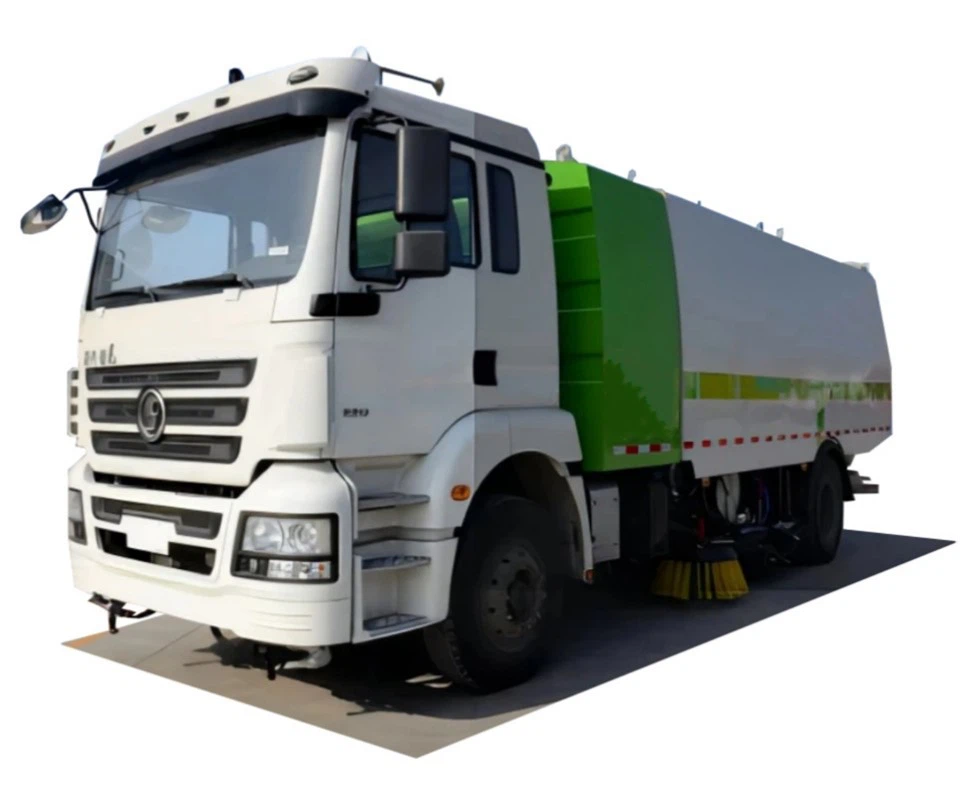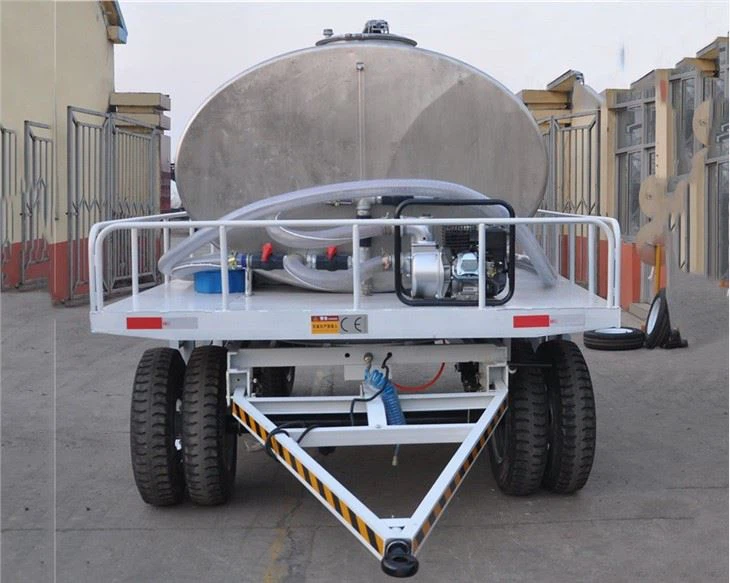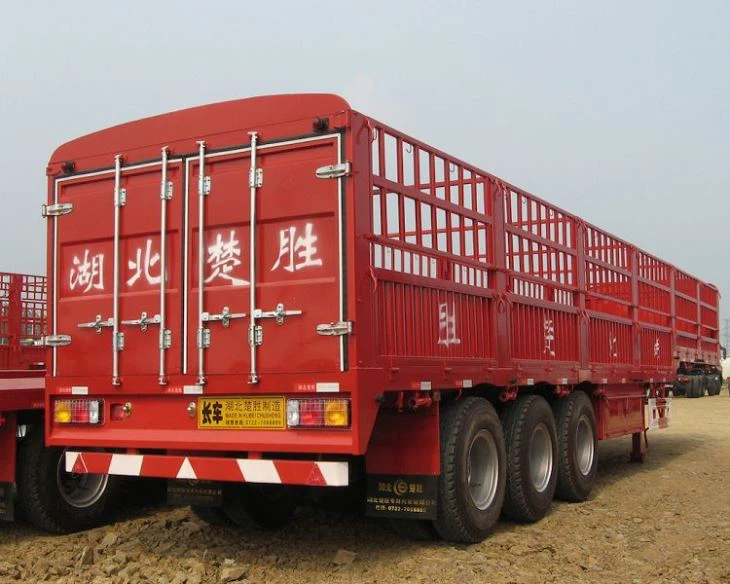In an era where efficient water management is crucial, mini water tankers have emerged as an essential solution for various applications. From construction sites to residential water supply, these compact vehicles have the potential to revolutionize how water is transported and distributed. If you’re curious about what a mini water tanker is, its benefits, uses, and more, you’ve come to the right place. This comprehensive guide aims to provide you with everything you need to know about mini water tankers.
What Is a Mini Water Tanker?
A mini water tanker is a smaller-sized vehicle designed specifically for transporting water. Unlike larger tankers that may require extensive road infrastructure, mini water tankers are often more maneuverable and can access tight spaces that traditional trucks cannot. Typically, they possess a capacity that ranges between 500 to 4,000 liters, making them ideal for localized water supply needs.
Benefits of Using Mini Water Tankers

1. Compact Size
The compact size of mini water tankers makes them exceptionally versatile. They can navigate narrow streets, crowded construction sites, and residential areas with ease.
2. Cost-Effective
Mini water tankers are generally more affordable than larger models. Their reduced operational costs can lead to significant savings over time, particularly in local distribution scenarios.
3. Efficient Water Delivery
These tankers can deliver water more quickly and efficiently in urban settings where time is of the essence. Their handling capabilities allow them to respond promptly to urgent water supply requirements.
4. Environmentally Friendly
Mini water tankers can reduce the carbon footprint associated with transportation. Since they are smaller, they consume less fuel and, in many cases, can even be powered by alternative energy sources.
Applications of Mini Water Tankers
1. Construction Sites
Mini water tankers are especially useful for construction projects, where water is needed for mixing concrete and dust suppression. They can easily access sites without causing damage to the surroundings.
2. Residential Water Supply
Areas facing water shortages can benefit from mini water tankers to supply households with essential water. They are particularly useful in rural areas and places without a reliable water supply.
3. Agricultural Use
Farmers can utilize mini water tankers to irrigate crops, provide drinking water for livestock, and manage water resources more effectively in remote locations.
4. Emergency Services
In emergencies, such as natural disasters or plumbing failures, mini water tankers offer a quick solution to provide potable water to affected populations.
5. Events and Festivals
During large events or festivals, mini water tankers are employed to deliver water for drinking, sanitation, and other needs, ensuring that participants have access to clean water at all times.

Types of Mini Water Tankers
1. Vacuum Tankers
These tankers are designed to empty and transport liquid waste, making them suitable for septic tank cleaning and sewer maintenance.
2. Water Bowser Tankers
Water bowser tankers are specifically used for transporting potable water. Their design typically includes a large tank with a fitted hose for easier water distribution.
3. Trailer Tankers
Trailer tankers are mounted on a vehicle, making them easy to disconnect once the water delivery is complete. They are often used for flexible transportation needs.
4. Flatbed Tankers
These tankers feature a flatbed design that allows for additional equipment or resources to be transported alongside the water load, increasing overall utility.
Buying Considerations for Mini Water Tankers
1. Size and Capacity
It is essential to assess what size and capacity best suit your needs. Consider the volume of water you typically require and the space you have for parking or storing the tanker.
2. Material and Construction
Mini water tankers can be made from various materials, including stainless steel, aluminum, and plastic. Stainless steel options tend to be more durable and hygienic.
3. Features and Accessories
Look for tankers equipped with convenient features like easy-drain valves, water filtration systems, or customizable fittings that can enhance usability.
4. Fuel Efficiency
Evaluating fuel efficiency is critical for long-term cost savings. More efficient models will reduce operational costs and environmental impact.
Maintenance Tips for Mini Water Tankers
1. Regular Inspections
Frequent inspections can help you identify potential issues before they become significant problems. Check for leaks, rust, or damage to hoses and fittings.
2. Clean the Tank Regularly
To maintain water quality, ensure that the tank is cleaned after every use, particularly if it transports potable water. Use approved cleaning agents to sanitize the tank.
3. Monitor Fuel Levels
Keeping track of your fuel levels will prevent delays in operations and allow you to plan refueling ahead of time.
4. Schedule Professional Servicing
Engaging professionals for servicing can extend the life of your mini water tanker. They can perform in-depth checks and address any mechanical issues that may arise.
Comparing Mini Water Tankers: A Table Overview
| Type | Capacity (liters) | Best Use Case | Average Price ($) |
|---|---|---|---|
| Vacuum Tanker | 1000-4000 | Sewage and waste transport | 7,000 – 15,000 |
| Water Bowser | 500-3000 | Potable water delivery | 5,000 – 12,000 |
| Trailer Tanker | 1000-3500 | Flexible transport needs | 6,000 – 14,000 |
| Flatbed Tanker | 500-3000 | Transport alongside other equipment | 5,500 – 13,000 |
Innovative Technologies in Mini Water Tankers
1. GPS Tracking
Modern mini water tankers often come equipped with GPS tracking systems, allowing real-time monitoring of fleet operations and enhancing logistics management.
2. Water Quality Monitors
Advanced models may incorporate water quality monitoring systems that ensure the purity and safety of the transported water, providing peace of mind to users.
3. Automated Dispensing Systems
Some mini water tankers can feature automated dispensing systems, enabling operators to dispense water with greater precision and efficiency, reducing waste significantly.
Frequently Asked Questions (FAQs)
1. What is the typical lifespan of a mini water tanker?
The lifespan can vary but is generally between 10 to 20 years, depending on maintenance and usage conditions.
2. Can I convert a regular truck into a mini water tanker?
Yes, with proper modifications, a regular truck can support a water tank, but it’s recommended to consult professionals to ensure compliance with regulations.
3. Are mini water tankers environmentally friendly?
Yes, they often have a smaller carbon footprint and can be powered by alternative energy sources, making them more eco-friendly than traditional larger tankers.
4. How do I determine the right size for my needs?

Consider your water consumption needs, access points, and the types of terrain you’ll be traversing to estimate the optimal size and capacity.
5. What should I look for in a used mini water tanker?
Inspect for rust, leaks, the condition of the tank, and service records to ensure the truck has been well-maintained.
6. Can mini water tankers be used for irrigation purposes?
Yes, mini water tankers are excellent for irrigation, especially in agriculture, delivering water to crops in various terrains.